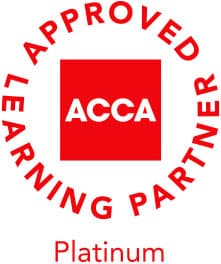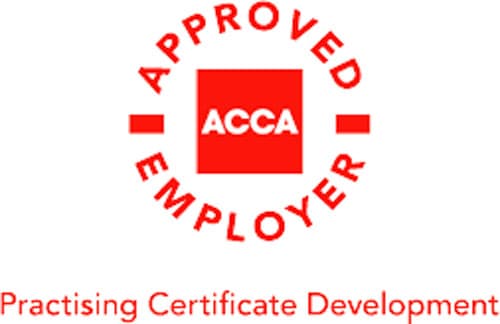HMRC are bringing into line the rules for DCPU’s and Double Cab/Crew Cab vans – ie. that they are not vans for Benefit in Kind and Capital Allowances purposes but Multi Purpose Vehicles and therefore are treated the same as cars.
This is following the high profile “Coca Cola” case regarding Crew Vans, which over several years, went all the way through the court system to the Court of Appeal and was found in HMRC’s favour.
DCPU’S purchased after 6 April 2025 will be treated as cars for Benefit in Kind purposes.
Vehicles held at 6 April 2025 will continue to be treated as vans until earlier of sale/end of lease or 5 April 2029, if purchased after 6 April 2025 but ordered prior they can also benefit from this transitional rule.
Beware – there is an important difference between van and car benefit rules. If a van (as a DCPU is currently treated), is only available for business journeys plus home to work travel (which is actually private mileage) a benefit can be avoided altogether.
But this does not apply to a car, if there is any private use, even if its only home to work, then a benefit will arise.
Thus, if DCPU’s are purchased under the new rules, benefits are likely to apply when they didn’t in the past. Benefits will be high as the list price is high along with high CO2 emissions. So, when current vehicles come to be sold/leases end, replacement vehicles need to be carefully considered. To retain more favourable van benefits, any replacement vehicle would need to be an actual van with a single row of seats.
The same definition applies for Capital Allowances purposes. So Annual Investment Allowances (AIA -100%) will no longer apply to any new DCPU’s purchased from 1 April 2025 (for Companies, 6 April 2025 for Non-Ltd businesses). Instead, due to the level of CO2 emissions they will go into the Special Rate Pool of expenditure with only 6% per annum allowances.
There is again a transitional period and if ordered by 31 March 2025/5 April 2025 and delivered by 30 September 2025, they will be treated as vans and hence eligible for AIA.
We have not seen anything on lease cost disallowances, but we assume this will follow the “car lease” rules and hence 15% of the leasing cost will be disallowable if CO2 emissions are over 50g/km which will almost certainly be the case on these vehicles, and will probably carry the same transitional rules as for Capital Allowances.
If you need any further advice, please contact the office on 01623 420269 and one of the team will be happy to help.






